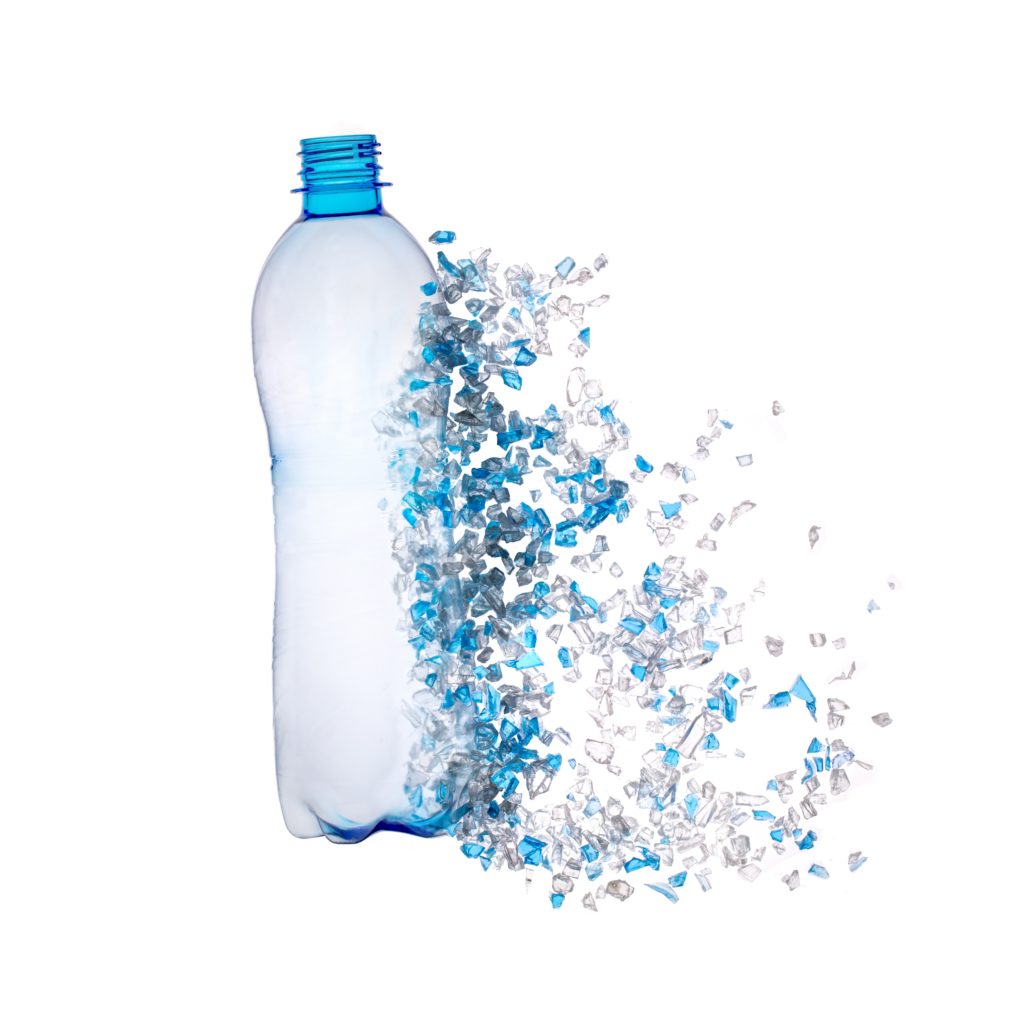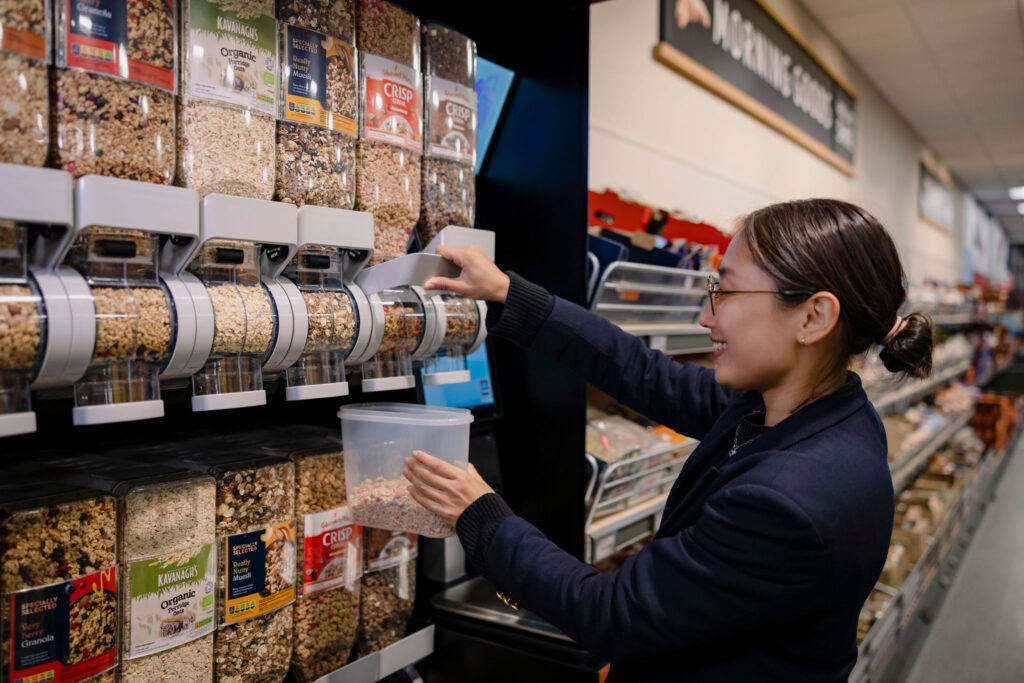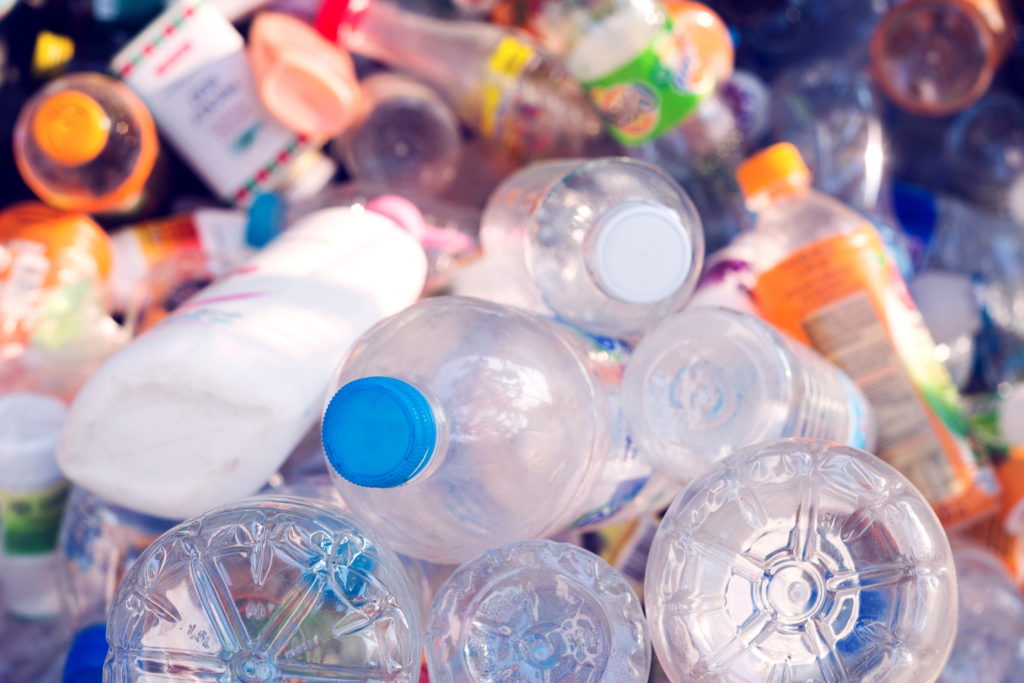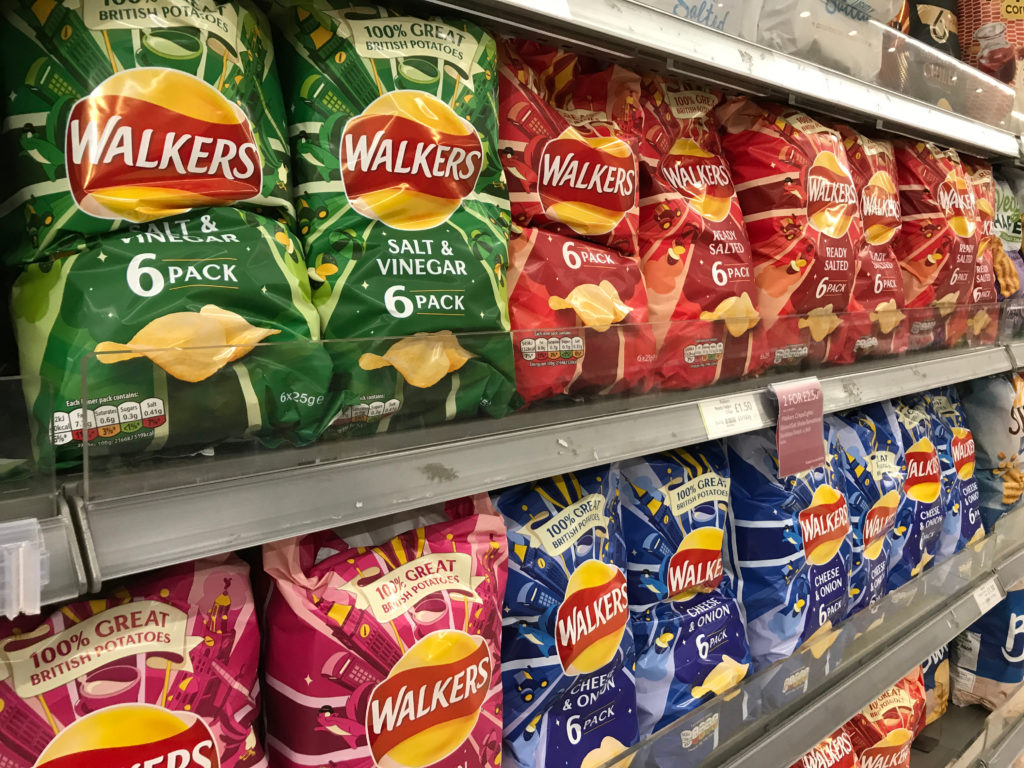Speaking during the Plastics session on 24 October, Carlos Monreal, founder and chief executive of the company Plastic Energy of Spain, declared that: “chemical recycling is not in competition with mechanical recycling. It’s not in a fight for feedstock”.
“We have to remember that [the world] is manufacturing more than one million tonnes of plastic very single day and those volumes can only increase and are most likely to triple by 2050,” Mr Monreal said. “Plastic is a great material – otherwise that demand would not be happening. But we must address both the recycling rates and the carbon footprint of the industry.”
Mechanical
The CEO made the case that relying solely on mechanical recycling is insufficient to handle the increasing demand for plastics. However, he emphasised that chemical recycling is not a perfect solution either. He highlighted that Europe collects 30 million tonnes of plastic packaging each year, with 10 million tonnes being mechanically recycled, resulting in the production of 5-6 million tonnes of secondary plastics. “After 25 years of mechanical recycling in Europe we have increased collection but still recycle only five million tonnes.”
Plastics Energy’s two plants in Spain, in Almeria and Seville, are plastics-to-plastics rather than plastics-to fuel and the speaker was adamant theirs was the future. Mr Monreal stressed the need for chemical recycling technologies to focus on hard-to-recycle, end-of-life plastics that cannot be processed by mechanical recycling, rather than opting for easier feedstocks such as post-industrial plastics that were better being mechanically recycled.
Low value
During the Q&A session, BIR Plastics Committee member Max Craipeau (Greencore Resources, China) who chaired the session in the absence of Committee Chairman Henk Alssema (Vita Plastics, Netherlands) applauded Plastic Energy’s strategy and argued that the challenge came from chemical recyclers using plastics such as PET rather than low-value scrap.
Alev Somer, BIR’s Trade & Environment Director, believed the focus should be on whether the two types of recycling plastic were competing or complementary. “Where we cannot mechanically recycle, we should continue with this [Plastic Energy],” she said. “We also need to raise concerns about those who are trying to cover their investments in chemical recycling by taking feedstock from mechanical recyclers.”
Veolia
Another speaker, Jerome Viricel, General Manager of Veolia company Recapp in the UAE, spoke about its success in encouraging recycling through an app and website serving Dubai.
“This is a full digital ecosystem with interaction between the consumer and the recycler thanks to a digital tool,” Mr Viricel said. The tool’s traceability, whereby every collection point, quantity, and the identity of those providing the materials is pulled together, offered “an amazing database of consumption and behaviour”.
He explained how the collection of PET bottles and some other waste streams effectively provided a voluntary extended producer responsibility (EPR) scheme for brands. “But the companies wanted more, so Recapp developed a voluntary deposit return scheme with rewards and incentives.”
The company had developed an awareness programme in 89 local schools with free workshops and collection boxes sponsored by big brands. The app had 70 000 people accessing it over the past two-and-a-half years and their response helped decide in which areas the scheme operated. “Everything is improved because the digital tool allows us to talk to people and make them aware,” he said, adding Recapp was looking to expand the scheme to Oman and Saudi Arabia.
Flakes and reverse vending
Mr Craipeau introduced BOTOL, an initiative recently launched in Vietnam. The patented Singaporean Reverse Vending Machine (RVM) recycles PET bottles on-the-spot into colour sorted rPET flakes eligible for food-grade recycling. It also meant a tenfold reduction in CO2 emissions from transport, he said. Aligning with net-zero targets, the company is the first RVM member of Vietnam’s Packaging Recycling Organisation and is expanding to Indonesia.

UN treaty
In her own presentation, BIR’s Alev Somer set out developments towards a proposed UN Plastics Treaty to develop a legally binding instrument to address plastic pollution. BIR contributes to the negotiations throughout the meetings and consultations, she explained, but conflicting interests meant little progress was made at the latest Intergovernmental Negotiating Committee meeting in Paris in June.
The goal is for the treaty to be signed by 2025 but, with three meetings to go, Ms Somer said “that seems ambitious”. A ‘zero draft’ has been proposed with no formal content, in an effort to shape the debate at the next negotiations meeting in November and to make some progress on the Treaty text, she added.
Useful link
Bureau of International Recycling








Subscribe for free